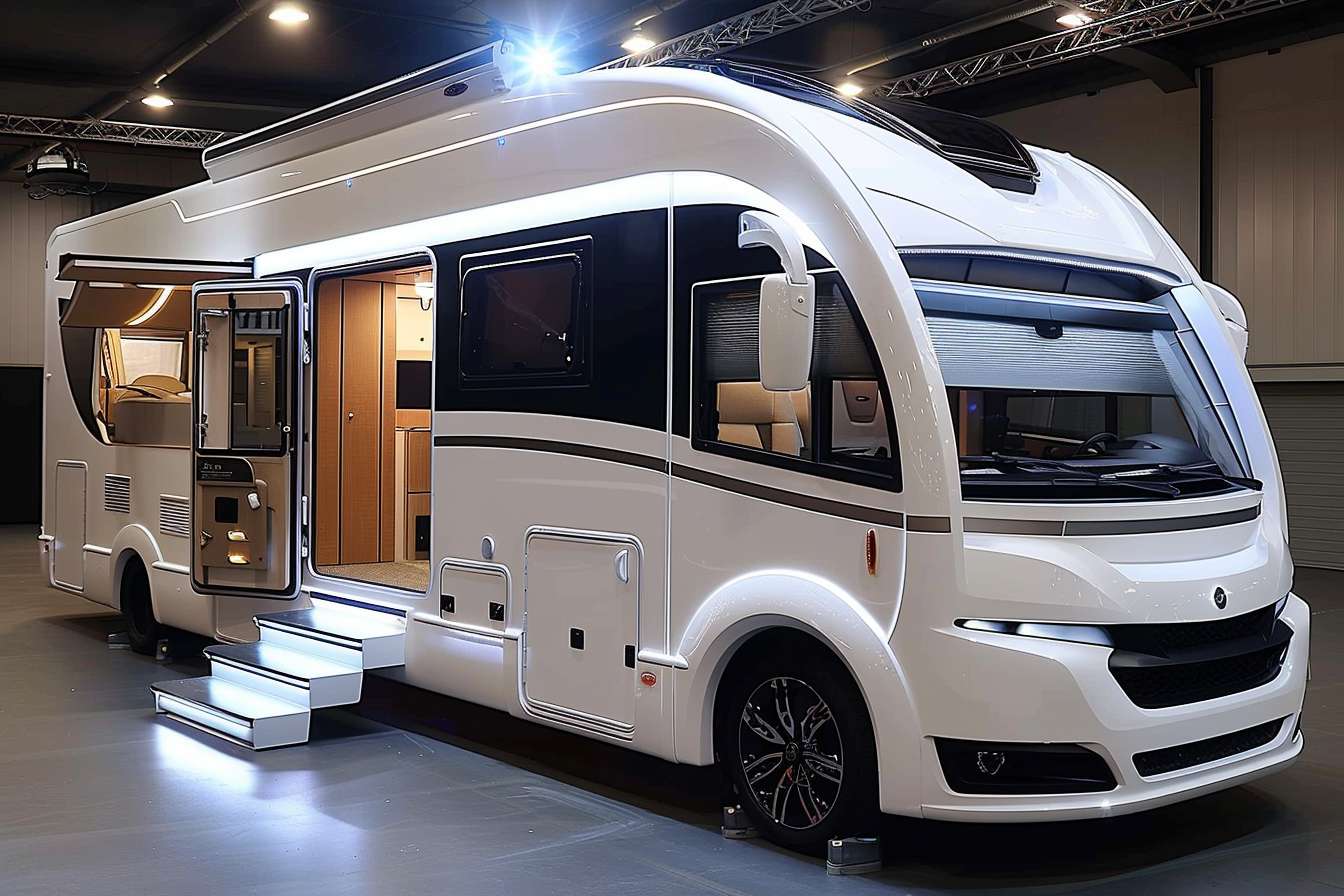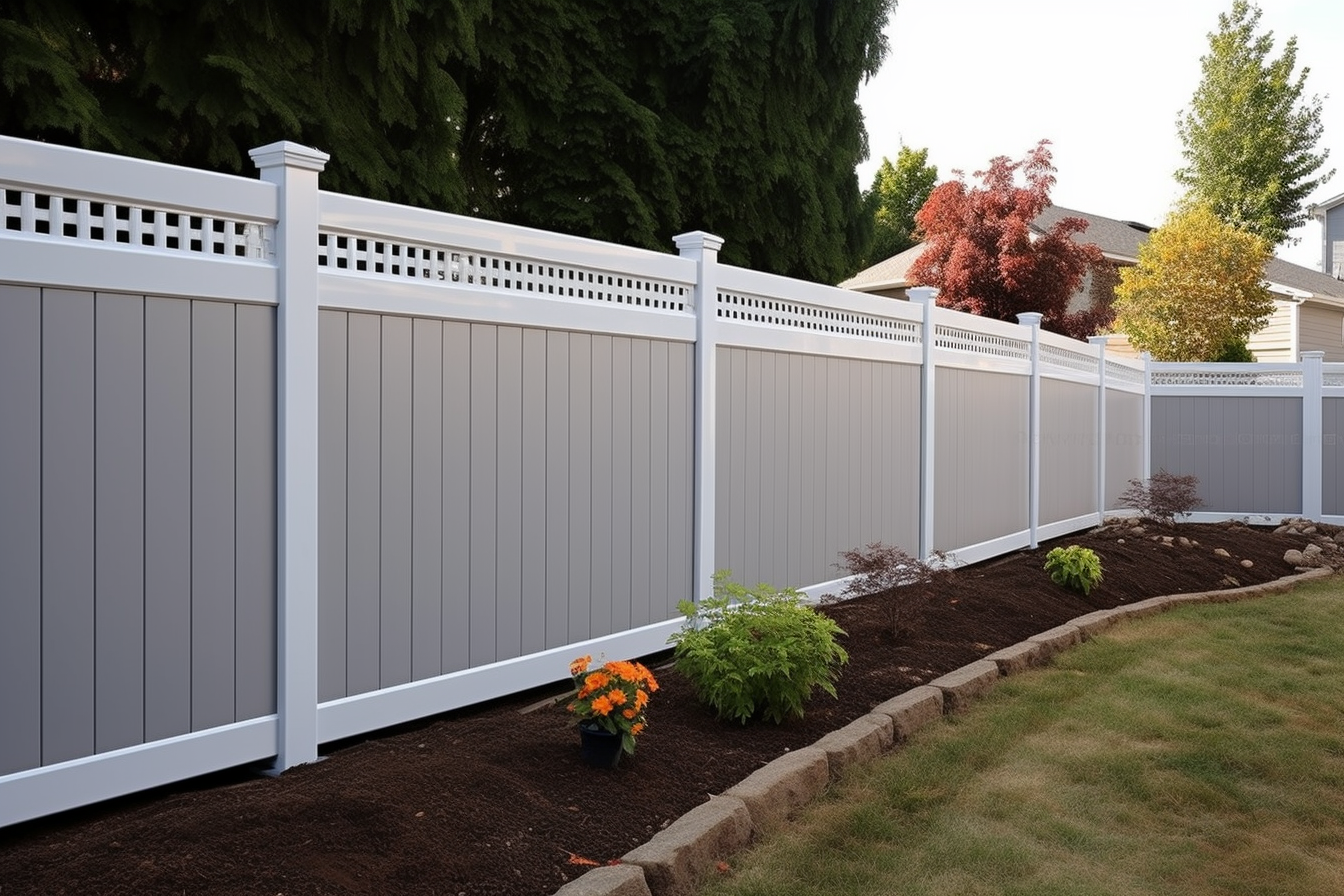Compact RVs: Your Guide to Small Campers and Travel Options
Small campers are perfect for couples or solo adventurers seeking mobility without sacrificing comfort. Designed to be lightweight and space-efficient, these compact camper vans offer sleeping, storage, and cooking areas for weekend getaways or long road trips.

What Makes Small Campers for Road Trips So Popular?
Small campers for road trips have gained tremendous popularity due to their versatility and ease of use. Unlike massive motorhomes that require special licenses and careful navigation, compact campers can be driven with a standard driver’s license and fit into regular parking spaces. These vehicles typically measure between 16 to 25 feet in length, making them ideal for navigating winding mountain roads, crowded campgrounds, and urban areas.
Most small campers feature essential amenities including sleeping quarters for two to four people, compact kitchenettes with basic cooking appliances, and storage solutions designed to maximize every square inch. Many models include fold-out beds, convertible dining areas, and clever storage compartments that transform to serve multiple purposes throughout the day.
How Fuel-Efficient Small Camper Vans Compare to Larger RVs
Fuel-efficient small camper vans offer significant advantages over their larger counterparts when it comes to gas mileage and overall operating costs. While traditional Class A motorhomes typically achieve 6-10 miles per gallon, small camper vans can deliver 15-25 miles per gallon depending on the engine size and driving conditions.
These vehicles are often built on commercial van chassis from manufacturers like Ford, Mercedes, or Ram, providing reliable performance and widespread service availability. The aerodynamic design and lighter weight contribute to better fuel economy, making long-distance travel more affordable. Additionally, the smaller engine size means lower maintenance costs and easier access to service centers across the country.
Benefits of Lightweight Travel Trailers for First-Time RVers
Lightweight travel trailers represent an excellent entry point for newcomers to the RV lifestyle. Weighing between 3,000 to 7,000 pounds, these trailers can be towed by many SUVs, pickup trucks, and even some larger sedans, eliminating the need to purchase a specialized towing vehicle.
The construction of lightweight travel trailers utilizes advanced materials like aluminum framing and composite panels to reduce weight without sacrificing durability. These trailers often include slide-out sections that expand the living space when parked, providing additional room for dining and relaxation. Popular floor plans feature rear bedrooms, front kitchens, and central living areas that maximize comfort within the compact footprint.
Popular Small RV Models and Pricing Comparison
The small RV market features several reputable manufacturers offering quality options across different price ranges. Entry-level models start around $25,000 for basic travel trailers, while fully-equipped small motorhomes can reach $100,000 or more depending on features and luxury appointments.
| RV Type | Manufacturer | Model | Price Range | Key Features |
|---|---|---|---|---|
| Travel Trailer | Forest River | R-Pod | $25,000-$35,000 | Lightweight, modern design |
| Camper Van | Winnebago | Solis | $110,000-$130,000 | 4x4 capability, compact layout |
| Class B+ | Leisure Travel Van | Wonder | $180,000-$220,000 | Premium materials, extended body |
| Travel Trailer | Airstream | Basecamp | $45,000-$55,000 | Iconic aluminum construction |
| Class B | Roadtrek | Zion | $160,000-$180,000 | Mercedes chassis, European design |
Prices, rates, or cost estimates mentioned in this article are based on the latest available information but may change over time. Independent research is advised before making financial decisions.
Essential Features to Consider in Small RVs
When selecting a small RV, several key features deserve careful consideration. Power systems, including solar panels and battery capacity, determine how long you can camp without hookups. Fresh water tank capacity typically ranges from 20 to 40 gallons in small RVs, while waste tanks vary similarly. Kitchen amenities might include two-burner stoves, compact refrigerators, and microwave ovens, though space constraints require prioritizing the most important appliances.
Sleeping arrangements vary widely among small RVs, from permanent queen beds to convertible dinettes and murphy beds. Consider your typical travel group size and sleeping preferences when evaluating floor plans. Storage solutions become critical in compact spaces, so look for models with exterior compartments, overhead cabinets, and multi-functional furniture.
Making the Most of Your Small RV Investment
Small RVs offer an accessible entry point into the recreational vehicle lifestyle while providing genuine comfort and convenience for road trip adventures. Whether choosing a fuel-efficient camper van for off-grid exploration or a lightweight travel trailer for family camping trips, these compact options deliver the freedom to travel without sacrificing essential amenities. The key lies in selecting the right type and size for your specific needs, budget, and travel goals, ensuring years of memorable adventures on the open road.




